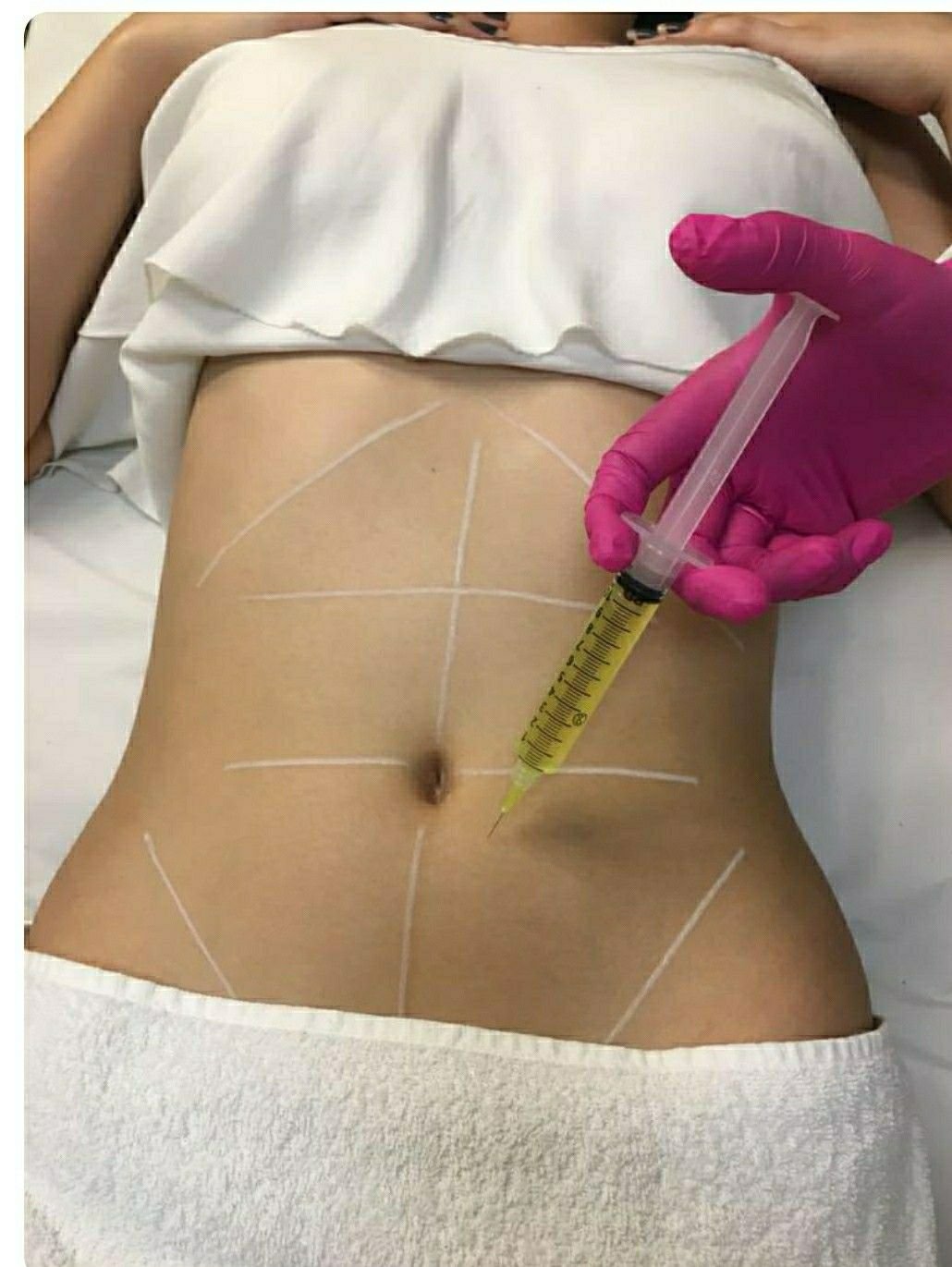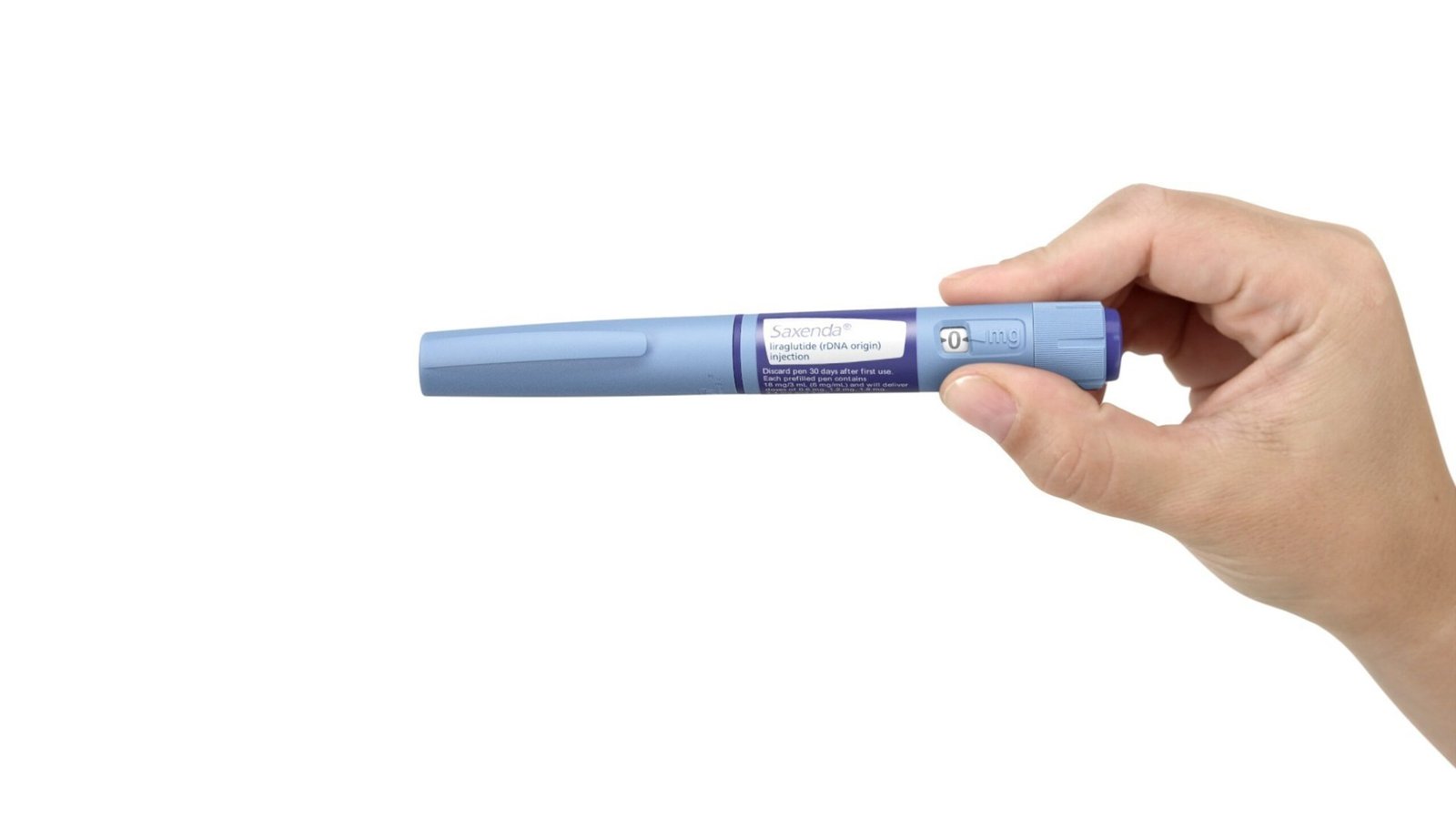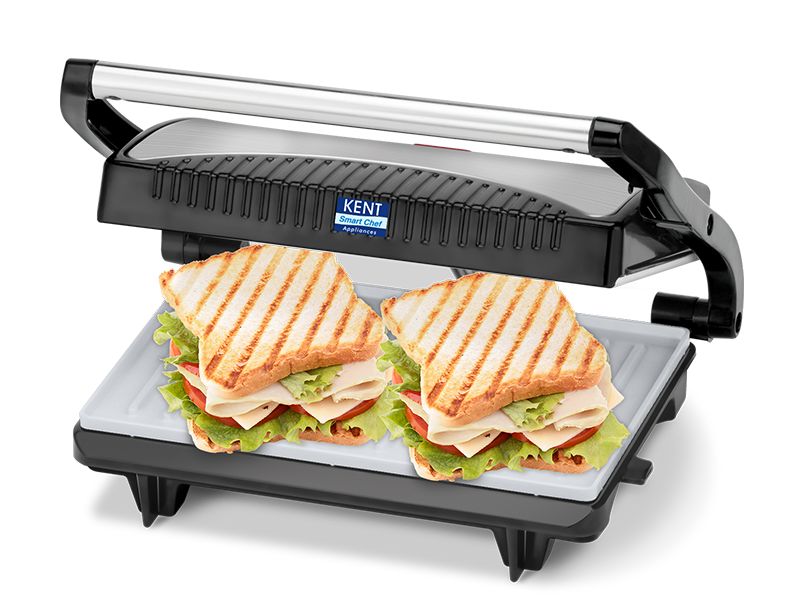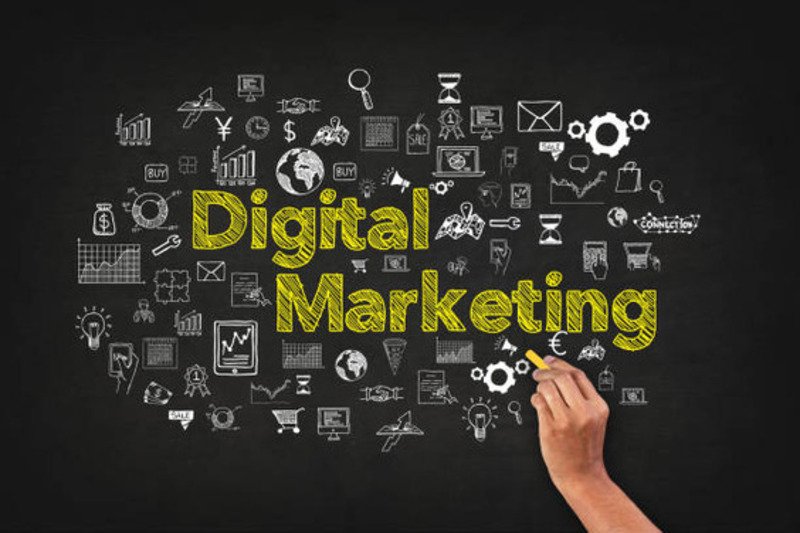The Future of Dental Billing: Leveraging Technology for Smarter Operations
In the modern healthcare landscape, dental practices are continually seeking innovative ways to increase operational efficiency, reduce stress, and enhance their bottom line. As the industry evolves, one of the most promising developments has been the integration of advanced technology into dental billing services. This technological shift is helping dental practices not only streamline their operations but also improve collections, reduce errors, and focus on what truly matters—providing high-quality patient care.
This article explores how the future of dental billing is being shaped by technology, driving smarter operations and transforming the way dental practices manage billing and revenue cycles.
How Technology is Revolutionizing Dental Billing Services
Technology has drastically changed the way dental practices handle billing services. From automation to real-time data access, these advancements are not only enhancing the efficiency of dental billing but are also ensuring smoother financial management and better patient experiences.
Automation: Saving Time and Reducing Errors
One of the most powerful ways technology is transforming dental billing is through automation. Dental practices often deal with numerous repetitive tasks such as submitting claims, tracking payments, and generating patient invoices. These tasks, when handled manually, can be time-consuming and prone to human error.
Automated systems streamline these processes by performing tasks such as:
- Automated claim submissions: Claims are sent to insurance providers as soon as a service is rendered, reducing delays.
- Payment tracking: Payments are automatically matched to patient accounts, ensuring that outstanding balances are addressed promptly.
- Invoicing: Patient invoices are automatically generated, reducing the chances of mistakes such as billing errors or forgotten charges.
Automating these tasks not only saves time but also improves the accuracy of billing. Claims are submitted correctly the first time, reducing the risk of denials, while payments are processed more efficiently. By removing the need for manual input, technology reduces human error, ensuring that dental practices receive reimbursements faster and with fewer issues. This, in turn, helps practices maintain a healthier cash flow, which is crucial for business sustainability.
Cloud-Based Solutions: Access Anytime, Anywhere
The advent of cloud-based platforms has been a game-changer for dental billing services. Traditionally, dental billing data was stored locally on office computers or servers, which meant that access was limited to specific locations. However, with cloud-based solutions, dental teams can now access billing data remotely from anywhere, as long as they have an internet connection. This flexibility is especially beneficial for larger practices or dental organizations with multiple locations.
Key features of cloud-based solutions include:
- Real-time updates: Cloud platforms offer real-time updates on claims, payments, and outstanding balances, allowing dental practices to stay on top of their financials without delay.
- Remote access: Practice owners and staff can monitor the billing process from anywhere, making it easier to manage operations when away from the office or when working remotely.
- Seamless integration: Cloud-based platforms can integrate with other practice management tools, such as scheduling software and patient records systems, to ensure a smooth workflow across all areas of the practice.
The benefits of cloud-based solutions are numerous. By providing access to billing data from any location and on any device, dental practices can stay connected and manage their operations more efficiently. This level of convenience and flexibility also reduces the risks of data loss or system failures, as cloud systems typically have built-in backup mechanisms.
Data Analytics: Making Smarter Financial Decisions
Advanced data analytics tools are empowering dental practices to make more informed financial decisions. By collecting and analyzing data on key performance indicators (KPIs), practices can gain valuable insights into their billing operations and overall financial health.
Examples of KPIs include:
- Collection rates: Tracking the percentage of claims paid versus those denied or delayed.
- Claim denials: Analyzing patterns in claim denials to understand why they happen and how to prevent them in the future.
- Patient payments: Monitoring how quickly patients pay their bills and identifying opportunities to improve payment collection.
These analytics allow dental practices to track their performance, identify bottlenecks, and spot areas for improvement. For example, if a practice notices a high rate of claim denials for certain types of services, they can dig deeper into the data to identify the root cause and adjust their billing practices accordingly. Similarly, by analyzing patient payment patterns, practices can refine their patient communication strategies to ensure that bills are paid more promptly.
With this wealth of data at their disposal, dental practices are better equipped to make strategic financial decisions, optimize their revenue cycle, and boost their bottom line.
Enhanced Patient Communication
Technology has also revolutionized the way dental practices communicate with patients about their billing. In the past, many patients struggled to keep track of their outstanding balances, resulting in late payments and confusion. Today, dental practices can leverage automated communication tools to improve patient engagement and reduce overdue accounts.
Examples of enhanced patient communication include:
- Automated reminders: Practices can send automated reminders via email, text message, or phone call to patients with overdue bills. These reminders are sent at predetermined intervals, ensuring that patients are consistently reminded of their financial obligations.
- Online payment portals: Many practices now offer online payment options, allowing patients to view their billing information and make payments directly from their smartphones or computers. This level of convenience can significantly reduce the time it takes for patients to settle their bills.
- Billing transparency: Through digital portals, patients can easily access their billing history, itemized invoices, and any outstanding balances. This transparency helps build trust between the practice and its patients, improving patient satisfaction and encouraging timely payments.
By providing patients with convenient, transparent ways to manage their bills, dental practices can improve their collection rates while also enhancing the overall patient experience.
The Benefits of Outsourcing Dental Billing Services
While technology has had a profound impact on dental billing operations, many dental practices are also turning to outsourced billing services to further streamline their operations. Outsourcing dental billing to specialized companies provides a range of benefits that complement the technological advancements outlined above.
Expertise and Compliance
Dental billing can be a complex and ever-changing landscape, with insurance providers frequently updating their billing codes, regulations, and reimbursement policies. Outsourcing to an experienced billing company allows practices to tap into the expertise of professionals who specialize in navigating the complexities of dental billing. These experts are well-versed in the latest industry regulations and are better equipped to handle difficult insurance claims.
Additionally, outsourcing ensures compliance with industry standards and regulations, reducing the risk of billing errors that could lead to audits or penalties. Billing companies have the knowledge and tools to stay up-to-date with the latest changes in healthcare laws, ensuring that your practice remains compliant.
Cost-Effectiveness
Outsourcing dental billing services can also be a more cost-effective solution for many dental practices. Hiring and training an in-house billing team requires significant financial investment in salaries, benefits, and ongoing training. By outsourcing billing, dental practices can eliminate these overhead costs and instead pay a flat fee or a percentage of collections to the billing company.
In addition to reducing staffing costs, outsourcing allows practices to avoid costly billing errors and claim denials, further improving financial efficiency.
Focus on Patient Care
By outsourcing billing tasks, dental practices free up valuable time and resources that can be better spent on patient care. Instead of dedicating hours to managing billing, collections, and claims, dental teams can focus on what they do best—providing high-quality dental care. This can lead to improved patient satisfaction and outcomes, as dental professionals have more time to interact with and attend to their patients’ needs.
How Dental Billing Services Compare to Other Medical Billing Specialties
While dental billing services are unique in some respects, many of the same technological advancements are being implemented in other areas of medical billing. Let’s take a quick look at how technology is benefiting other medical billing specialties:
Nursing Home Billing Services
Nursing home billing involves managing complex reimbursement systems for long-term care facilities. Specialized software helps automate billing for services like skilled nursing, physical therapy, and rehabilitation. Automated systems ensure that claims are accurate and compliant with government regulations, reducing the chances of denial or reimbursement delays.
OB-GYN Medical Billing Services
In OB-GYN practices, billing often involves multiple services, including prenatal care, deliveries, and postpartum services. Technology in OB-GYN billing streamlines the submission process, ensuring accurate claims for these complex services. Additionally, tools that track patient payments and insurance reimbursements help practices improve their collection rates.
Durable Medical Equipment Billing Services
Billing for durable medical equipment (DME), such as wheelchairs or oxygen tanks, is another area where automation plays a critical role. DME billing systems ensure compliance with regulations like Medicare and Medicaid, helping practices get reimbursed faster and more accurately.
Neurosurgery & Neurology Medical Billing Services
Neurosurgery and neurology billing often involves complex procedures and intricate coding. Advanced billing software ensures the accuracy of these claims, reducing the risk of denials and improving reimbursement cycles for neurosurgeons and neurologists.
Medical Billing and Management Services
Across the healthcare industry, comprehensive medical billing and management services provide integrated solutions that include patient management, claim submission, and revenue cycle tracking. Integrated platforms offer a complete billing solution that encompasses both dental and medical specialties, ensuring seamless operations across practices.
The Future is Here: Embracing Technology for Smarter Dental Billing
The future of dental billing is unquestionably tied to the continued integration of technology. From automating administrative tasks to providing real-time access to billing data, technology is making dental billing operations more efficient, accurate, and cost-effective. Practices that embrace these advancements can expect to see improved collections, reduced errors, and enhanced patient satisfaction.
















Leave a Reply